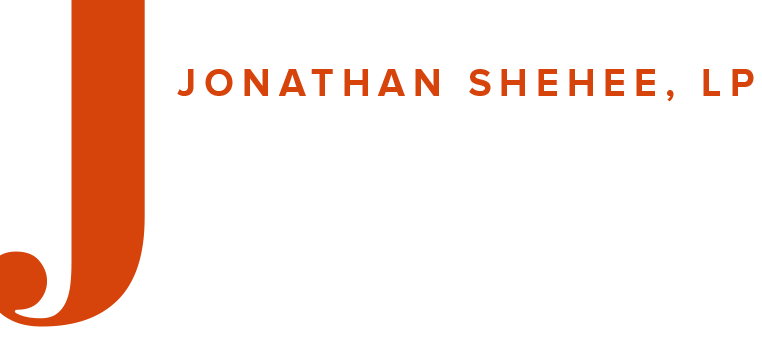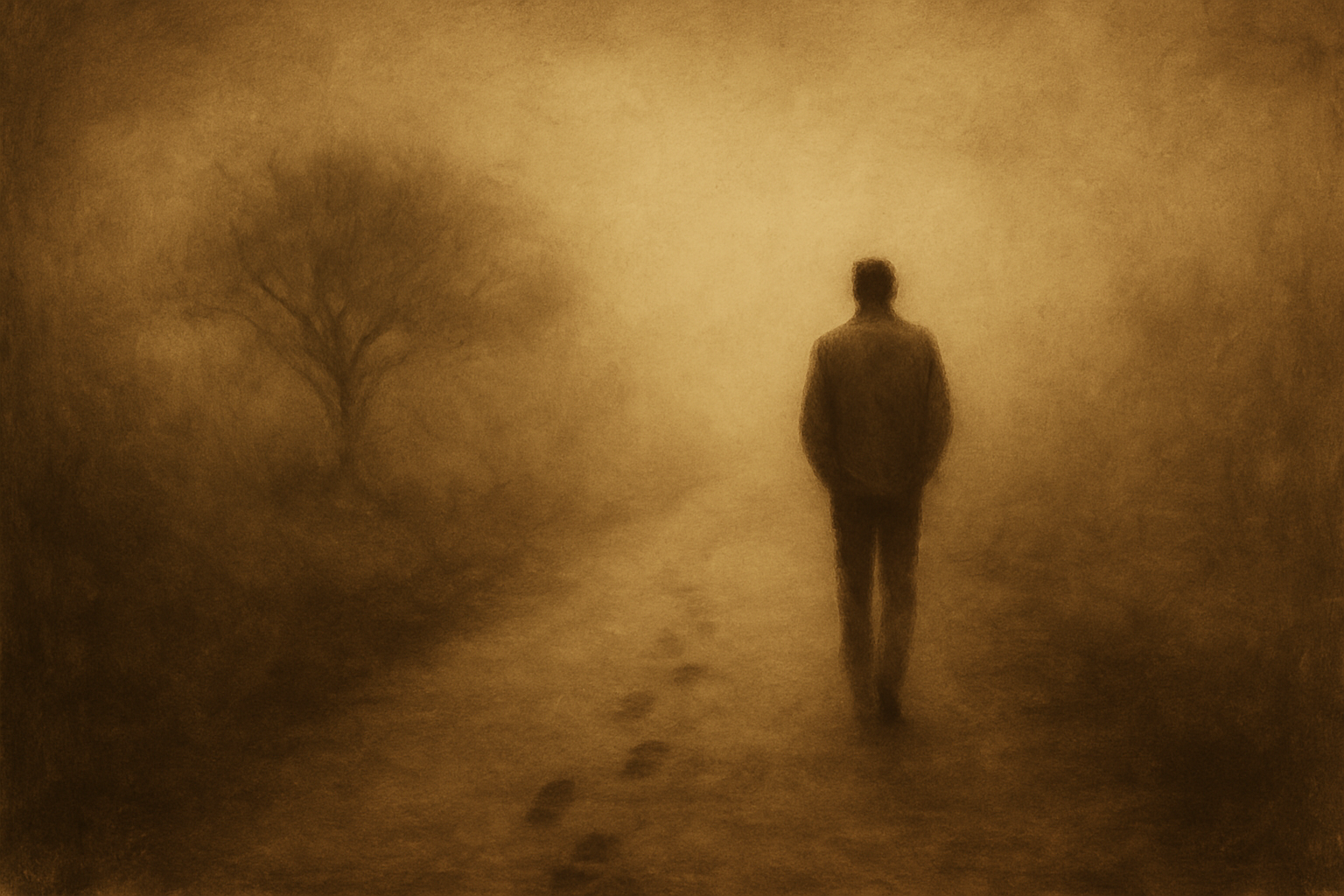On Knowing Too Late
It takes a long time to get to know someone, and nothing makes sense until it’s obvious. In the fog of everyday life, we rarely understand what we’re living through while it’s happening. Only later, after the moment has passed and the air has cleared, do we begin to figure out what hurts and why. That’s when we say the most quietly devastating thing a person can say: "I should have known."
We invoke these words after the breakup or the mistake, as if we could have received the now-obvious knowledge had we only paid better attention. Underneath this regret lurks a fantasy of mastery: if only I had seen clearly, I could have exerted control and prevented the pain. But what if that knowledge truly wasn’t available to us yet—not because we missed something, but because it hadn’t yet taken shape? What if knowing is always late?
Red Flags and Hindsight
When relationships end, we often comb our memory for clues like a detective at a crime scene. Hindsight rewrites ambiguity into evidence, as we flag early warning signs that now seem obvious in the frozen light of memory. The implication is clear: I could have avoided this pain if I’d only been smarter, more perceptive, and more honest with myself.
But this self-punishing pseudo-logic assumes we are neutral observers of reality. It posits that knowledge is always there for the taking in a free access storehouse of objective truth, and that we always have a choice to see it or to overlook it.
Psychoanalysis tells a different story: What we perceive—and thereby can know—is shaped by unconscious expectation and structured by desire along with past experience. This is not a bug in the system; it is the system. When we meet someone new, we don't see them as they are. We see them through the prism of transference: we relate to them as stand-ins for people from our past, and we attribute to them qualities that have more to do with the observer than the observed. These dynamics filter, distort, and often entirely block the very information we later claim we “should have known.”
Nachträglichkeit: When Meaning Arrives Late
Knowing someone is not like memorizing a textbook or a CV. It is an experiential, embodied process that unfolds over time, and it depends as much on our readiness to receive information as on the information itself.
Psychoanalyst Jacques Lacan puts it plainly:
"Knowledge is the following: people present you with signifiers, and owing to the way they are presented to you, they mean nothing to you, and then there is a moment at which the fog clears, they suddenly mean something—that's the way it's always been."1
This is a crisp description of the psychoanalytic concept of nachträglichkeit, or deferred action—the structure by which meaning is produced after the fact. We don’t understand things when they happen. We comprehend them later, and in this deferred comprehension we retroactively rewrite what the past meant.
This deferred learning process requires feeling the pain of not having known something for too long. No matter how much we try to sweeten the deal, teaching is hard and learning is painful, which is why the pro-education “learning can be fun” slogan feels fake to many people. To learn anything is to acknowledge you didn’t know that thing for the entirety of your life until just a moment ago. For most people that’s not “fun."
All we have is situated understanding, constrained by what our unconscious structure allows us to perceive. What we call “mistakes” are often just moments that hadn't yet become meaningful in the context of what came later. Yet when mistakes happen and someone gets hurt, we treat the past as if it were always-already knowable. When a relationship ends and someone says, “I should have known,” what they really mean is, “I know now, and I wish I had known then.” But those are two different states of being, separated by a process we don’t control.
This is why advice rarely works. It presumes that knowledge is something one person can hand to another, like a screwdriver. But unless the recipient is ready to receive it—until the words mean something—at best they’ll orbit like a moon, always nearby, never quite arriving. Advice fails because we haven’t metabolized the experience that will make us open to it yet.
Knowing How vs. Knowing That
Most of us assume that knowledge leads to mastery, which is the kind of knowing that brings control, prediction, and prevention. This model of knowledge fits narrow, mathematically structured fields—physics, chemistry, engineering—but collapses in the complexity of the human world.
You don’t “learn” your best friend the way you learn algebra. You become familiar with what it’s like to be with them. This procedural knowledge, stored as much in the body as in the mind, is less calculation and more finesse. It’s a “knowing how,” not “knowing that.” Relationships defy mastery and depend on the slow accumulation of know-how within a field of mysterious complexity.
John Gray writes:
"If you have this negative capability [to accept uncertainty], you will not want a higher form of consciousness; your ordinary mind will give you all you need."2
Gray is echoing something psychoanalysis has long known: that real knowing often looks like not-knowing, like staying with the murkiness until the fog clears just enough. Not forcing meaning, but letting it emerge. There is something quite ordinary about this procedural knowledge. It is not fancy or intellectual, and as a result many patients struggle to intelligently communicate their accounts of profoundly transformative long-term therapies that involve a process of opening up to this new form of knowing.
The Pain of Learning
We are always telling ourselves stories about ourselves as generous, perceptive, forgiving people. We live in a first-person perspective, and we instinctively defend our main character’s integrity. However, much of that narration talks us out of the raw, bodily knowledge that experience leaves behind.
But some things leave a trace in the body that no story can fully erase—things like blindly loving the wrong person, or ignorantly failing another. When we look back, we feel the pain of a mistake and can’t square it with our life narrative. Then we make a second mistake: we apply free will to events that have already happened. We retreat to a fantasy world of prior knowingness by saying: I should have seen it. I should have acted sooner. I should have known.
Those phrases reflect the fantasy of an infinitely attentive self who is immune to transference and filled with all the facts. To linger in that fantasy is to learn nothing, because it denies the truth of what regret actually represents. Hard-won knowledge is the truest kind we have, and we often earn it through pain and regret.
Grace begins only when regret runs its course, when we recognize the pain we feel now is the knowledge we didn’t have then. We only learn what we were always going to learn the hard way.
"I should have known" is the sound of someone who knows something now, too late—which is the only time knowing ever really arrives.
References:
Jacques Lacan, The Seminar of Jacques Lacan, Book XVI: From an Other to the other, trans. Bruce Fink (Polity Press, 2023), p. 173.
John Gray, The Soul of the Marionette: A Short Inquiry into Human Freedom (Farrar, Straus and Giroux, 2015), p. 165.

